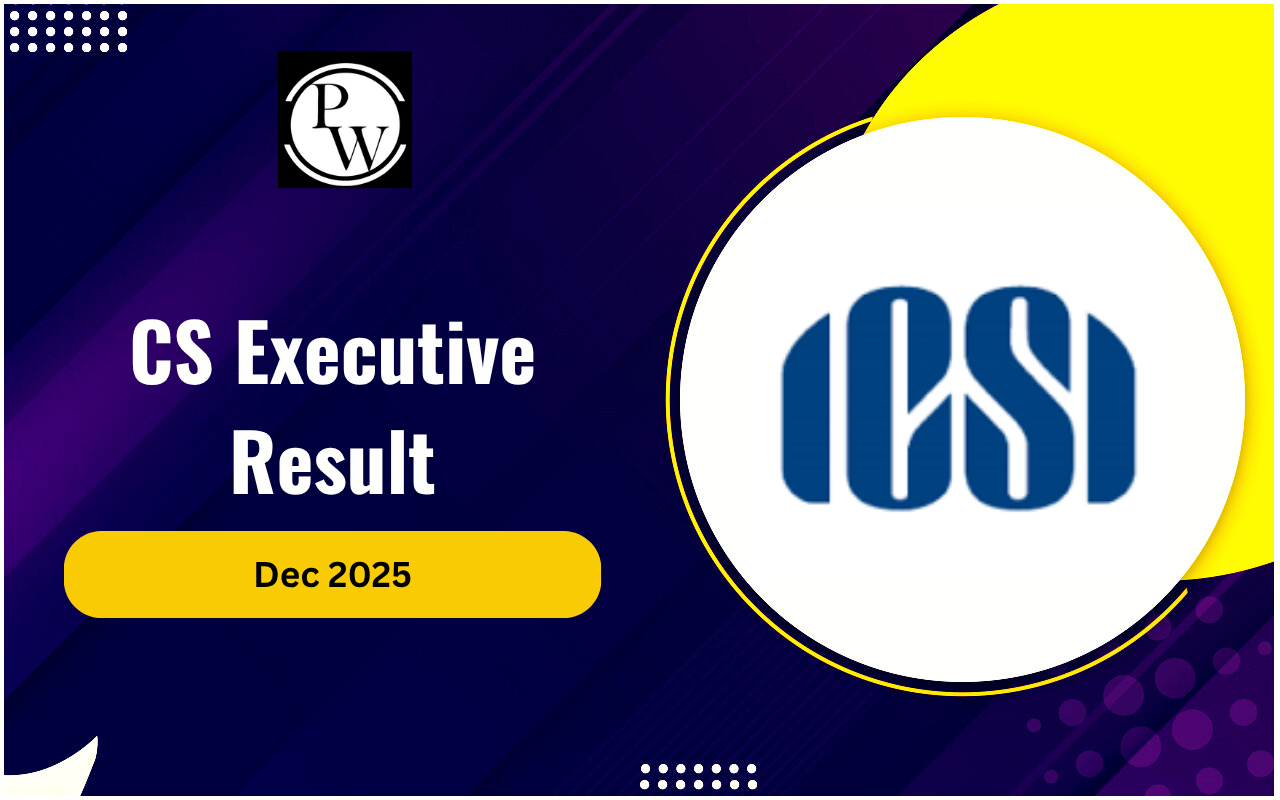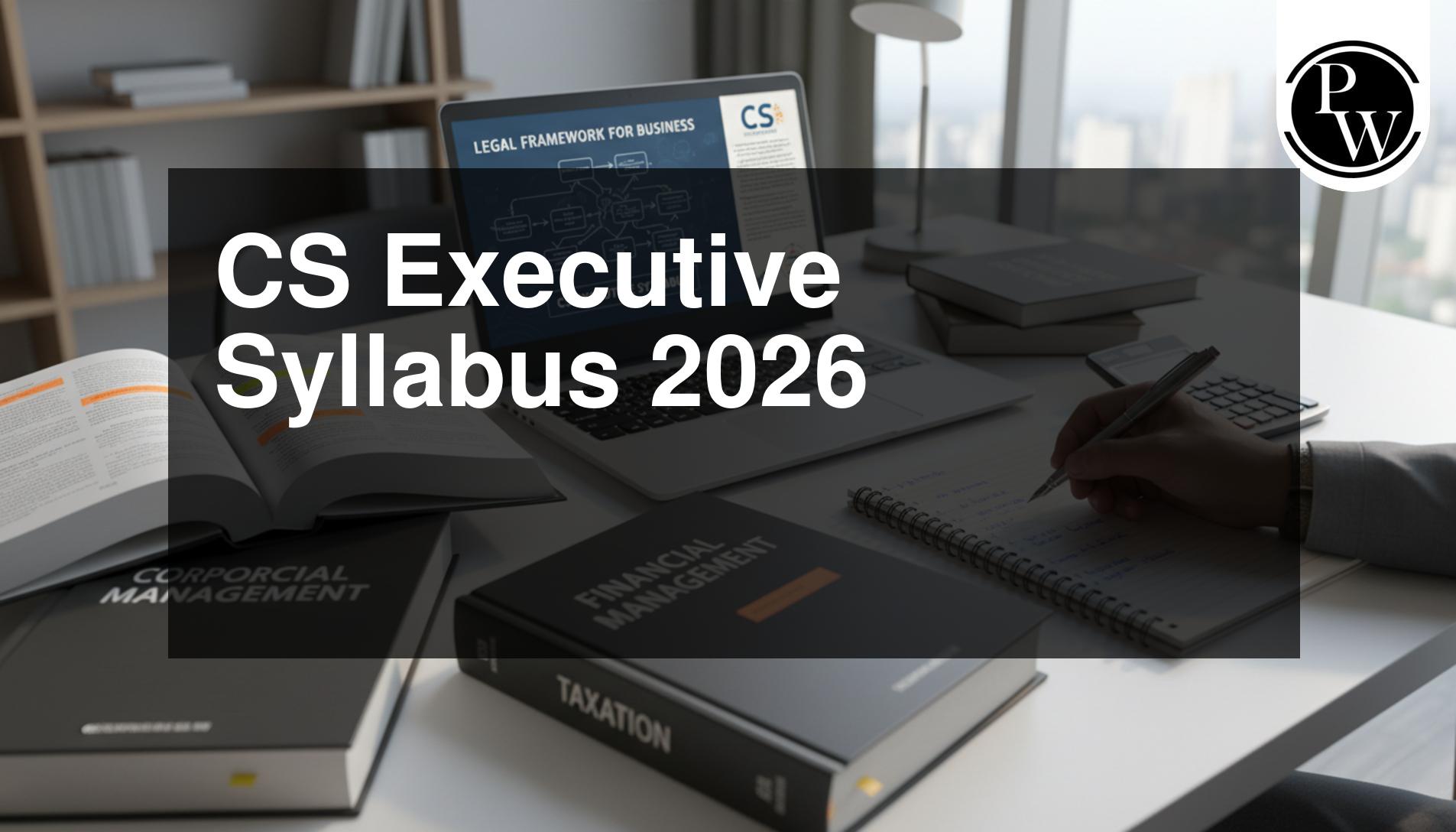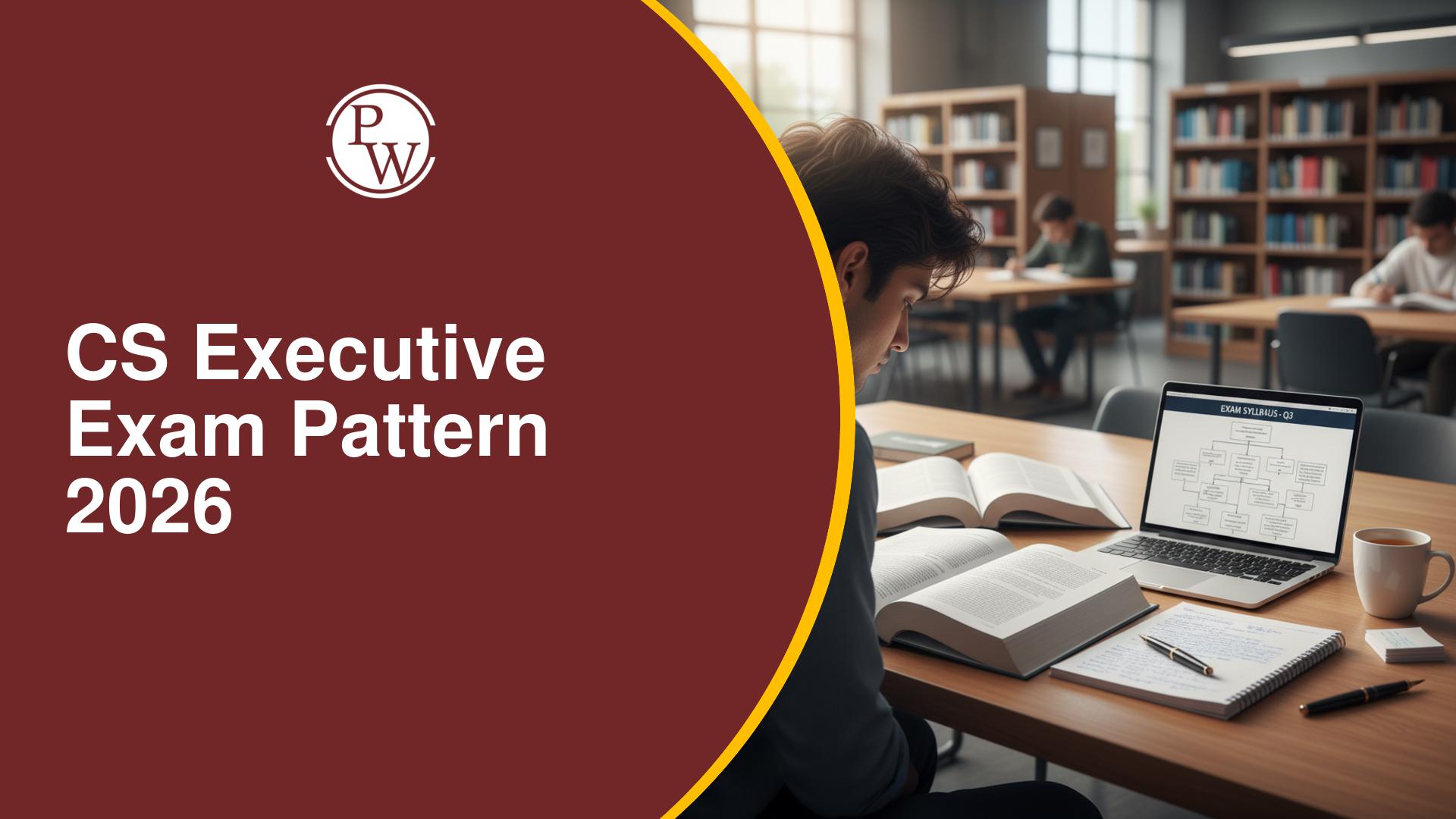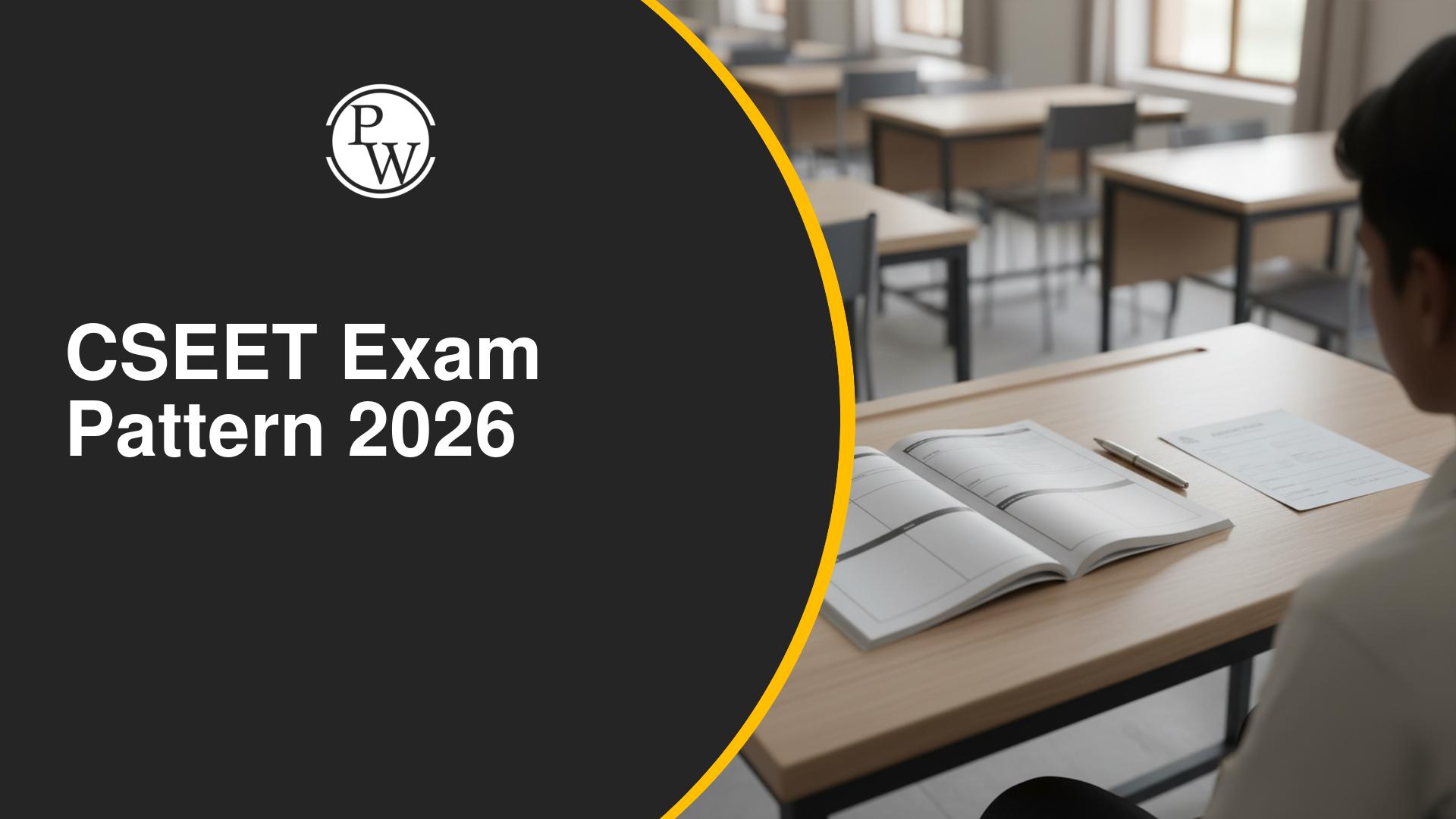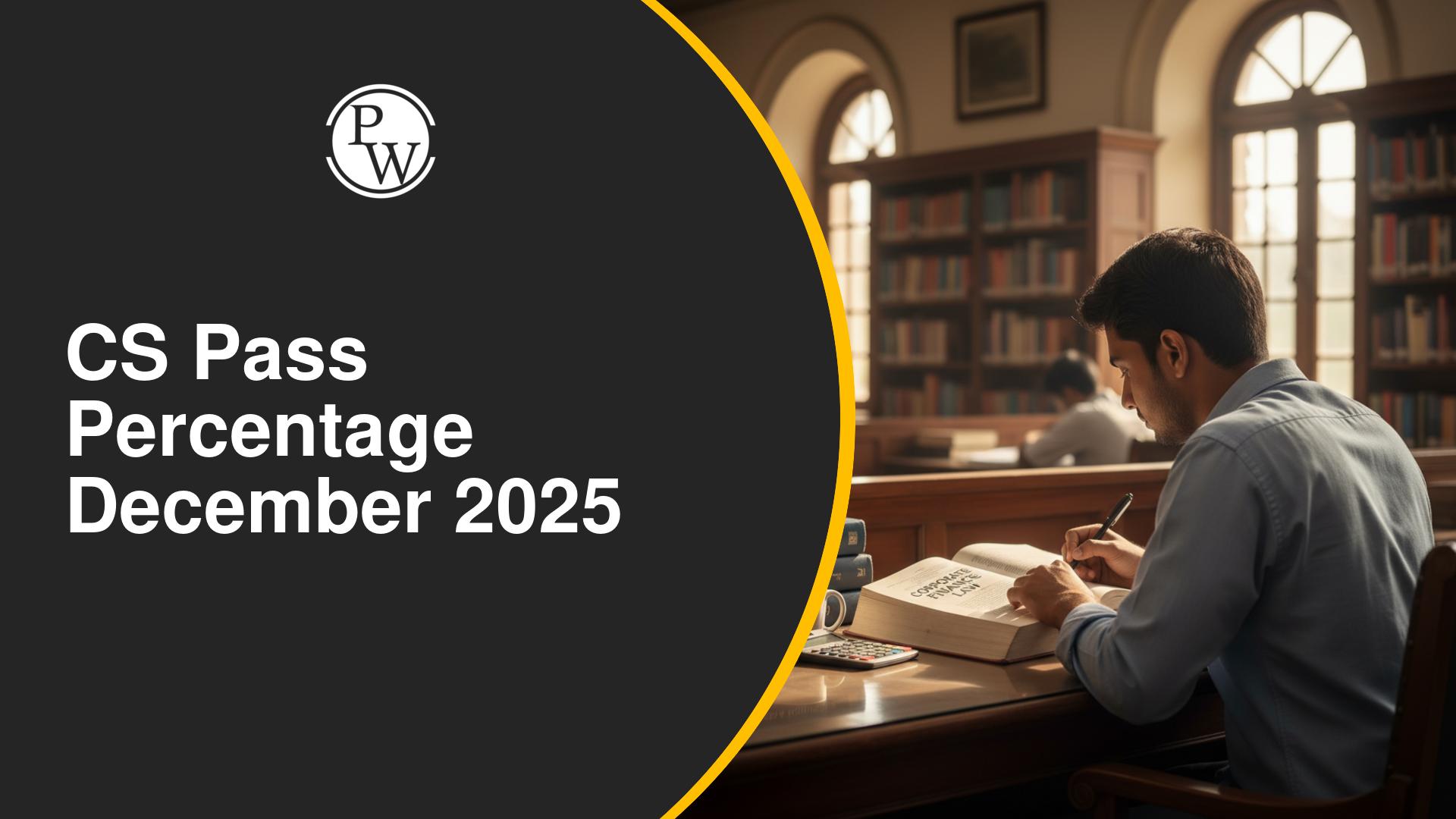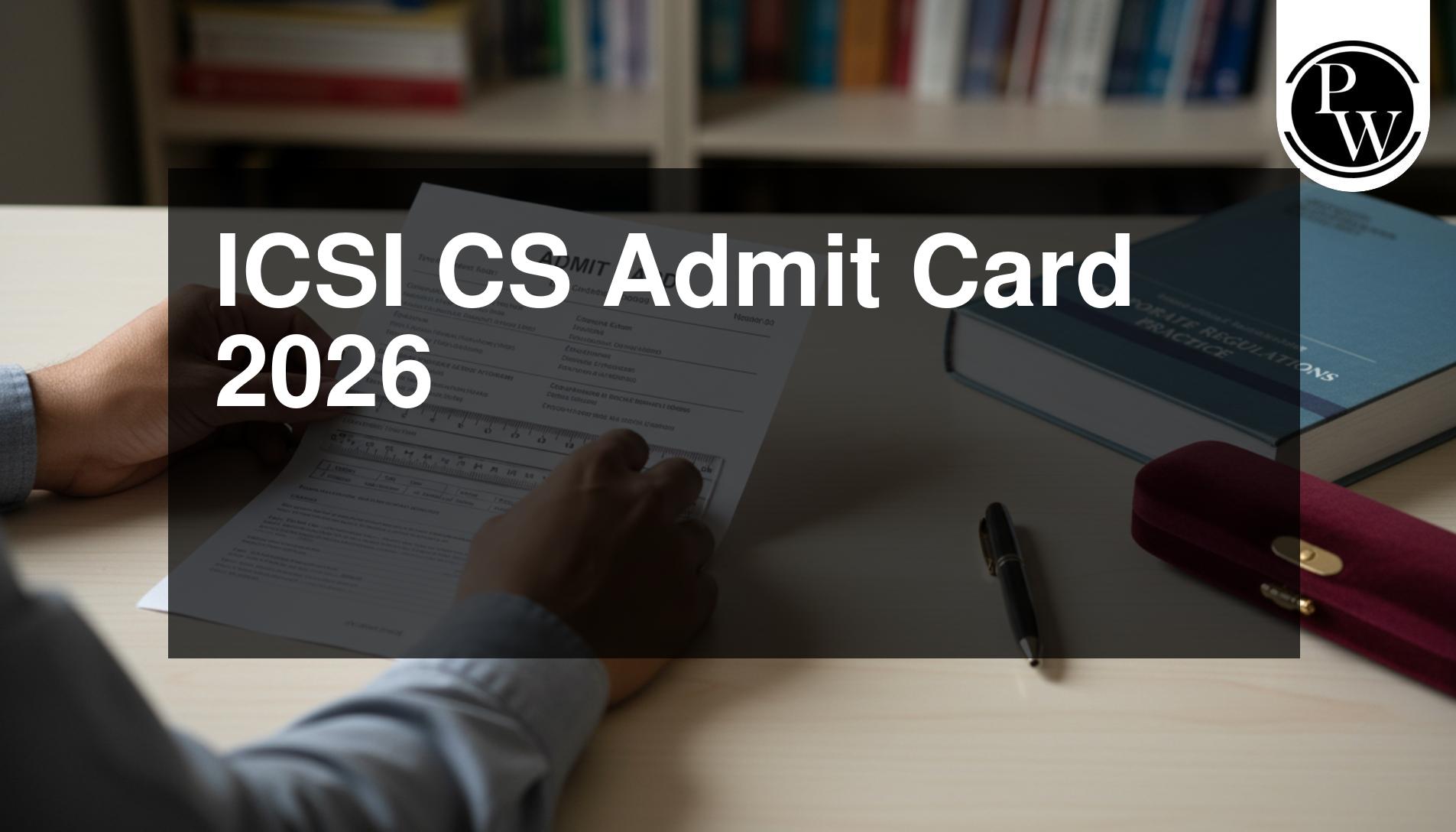
The CS Executive test, administered by the Institute of Company Secretaries of India (ICSI), is an important stage for those aspiring to become Company Secretaries. The exam tests candidates on various subjects, including legal, managerial, and financial aspects. Understanding the commonly asked questions and knowing how to tackle them can significantly enhance your preparation and boost your confidence during the exam.
Importance of the CS Executive Paper
The CS Executive exam plays a vital role in shaping aspiring Company Secretaries by building expertise in corporate laws, financial management, and governance. It equips candidates with the analytical and problem-solving skills needed to handle real-world business challenges. Passing this exam not only validates a student’s competence but also prepares them for the CS Professional level, laying a strong foundation for a successful career in corporate governance.Exam Pattern of CS Executive
Before diving into the commonly asked questions, it’s essential to understand the CS Executive exam structure. The exam comprises two modules with a total of eight papers: Module 1:- Jurisprudence, Interpretation, and General Laws (JIGL)
- Company Law
- Setting up of Business Entities and Closure
- Tax Laws
- Corporate and Management Accounting
- Securities Laws and Capital Markets
- Economic, Business, and Commercial Laws (EBCL)
- Financial and Strategic Management (FSM)
Most Commonly Asked Questions in CS Executive Papers and Repeated Topics
Understanding key topics can significantly enhance your chances of performing well in the CS Executive exam. Based on historical trends, the following topics are frequently tested and are essential for success.1. Company Law
This subject forms the foundation of the Company Secretary’s role. Topics related to company incorporation, meetings, and director duties appear frequently in exams. Repeated Topics: Incorporation of Companies and Matters Incidental Thereto Share Capital and Debentures Meetings and Resolutions Directors’ Roles, Responsibilities, and Remuneration Most Repeated Questions: Differentiate between the Memorandum of Association (MoA) and Articles of Association (AoA). What legal prerequisites must be met to hold an Annual General Meeting (AGM)? Talk about the responsibilities and liabilities that directors have under the 2013 Companies Act.2. Jurisprudence, Interpretation, and General Laws (JIGL)
This subject emphasizes the interpretation of statutes, legal maxims, and general laws, essential for understanding legal frameworks. Repeated Topics: Principles of Natural Justice Interpretation of Statutes Doctrine of Separation of Powers Administrative Law Most Repeated Questions: Define the principles of natural justice and explain their significance. Talk about the distinction between internal and external interpretation tools.3. Corporate and Management Accounting
This subject tests practical knowledge of financial management and corporate accounting, requiring strong numerical skills. Repeated Topics: Amalgamation and Internal Reconstruction Financial Statements of Companies Ratio Analysis and Interpretation Cash Flow Statements (Indirect and Direct Methods) Most Repeated Questions: Journal entries and ledger preparation for amalgamation of companies. Calculate various profitability and solvency ratios using given data. Create a cash flow statement by applying the indirect approach.4. Securities Laws and Capital Markets
This subject covers regulatory frameworks for capital markets and SEBI regulations, critical for Company Secretaries. Repeated Topics: SEBI (Issue of Capital and Disclosure Requirements) Regulations Insider Trading and its Implications Role and Functions of Stock Exchanges Initial Public Offering (IPO) Process Most Repeated Questions: Explain the penalties for insider trading under SEBI regulations. Describe the process for an Initial Public Offering (IPO) in India. Discuss the role of stock exchanges in regulating capital markets.5. Tax Laws
A strong grasp of tax laws is essential, as they form a core part of the CS Executive syllabus. Numerical and practical application questions are common. Repeated Topics: Income Tax Computation under Various Heads GST (Goods and Services Tax) Compliance TDS (Tax Deducted at Source) Provisions Advance Tax and Self-Assessment Tax Most Repeated Questions: Explain the concept of input tax credit under GST with examples. Discuss the provisions of TDS under the Income Tax Act.6. Economic, Business, and Commercial Laws (EBCL)
This subject deals with business laws and regulatory frameworks necessary for corporate governance. Repeated Topics: Competition Law and Consumer Protection Act Contract Law Principles FEMA (Foreign Exchange Management Act) Regulations Negotiable Instruments Act Most Repeated Questions: Talk about the necessary components of a legally binding contract as defined by the Indian Contract Act of 1872. Define a negotiable instrument and explain its types under the Negotiable Instruments Act.Strategies to Tackle CS Executive Papers
Below we’ve mentioned some strategies for CS Executive PapersUnderstand the Exam Pattern and Marking Scheme
For efficient preparation, it is essential to comprehend the format of the test. The CS Executive exam consists of eight papers and two modules: Module 1 covers company law, tax laws, cost and management accounting, and jurisprudence, interpretation, and general laws (JIGL). Module 2 covers Company Accounts and Auditing Practices, Capital Markets and Securities Laws, Economic and Commercial Laws, and Industrial, Labour, and General Laws. Each paper has a total of 100 marks, divided between objective and subjective questions. Understanding the pattern will help you manage time effectively and prioritize areas of the syllabus.Practice Mock Tests and Previous Year's Papers
Simulate Exam Conditions: Regularly take mock tests under real exam conditions. This will help build stamina, improve focus, and manage exam pressure. Analyze Your Performance: After each test, analyze your performance to identify weak areas that need more focus. Solve Previous Year Papers: Reviewing past exam papers helps you understand the exam pattern and frequently asked questions.Focus on Conceptual Clarity
Rather than cramming the material, focus on understanding core concepts. This will enable you to successfully respond to application-based inquiries. Use Multiple Resources: Refer to ICSI study material, reference books, and online resources for a deeper understanding of topics. Teach What You Learn: Explaining concepts to peers or self-study groups can enhance your understanding and retention.Master Time Management During the Exam
Effective time management during the exam is crucial for success. Allocate Time to Each Question: Read the paper and allocate time for each question based on its difficulty and marks weightage. Attempt Questions in Order of Confidence: Start with questions you know well and leave the tougher ones for later. Keep Track of Time: Ensure you finish all questions by keeping an eye on the clock during the exam.Stay Updated with Amendments
Regularly Check ICSI Announcements: Amendments in tax laws, company law, and other areas often play a crucial role in exams. Make an Amendment Log: Dedicate time to reviewing any updates and their impact on the syllabus.Answer Writing Strategy for Subjective Questions
For subjective questions, clarity, and structure matter: Be Concise and Direct: Answer questions in a structured manner—use bullet points, headings, and subheadings where possible. Highlight Key Terms: Emphasize critical points, statutes, or case laws to demonstrate your knowledge. Don’t Over-Write: Avoid repeating the same information or providing irrelevant details.Common Challenges Faced by CS Executive Students and Their Solutions
Below we’ve mentioned some common challenges of CS Executive Students with solutions:Managing Vast Syllabus
The CS Executive syllabus is extensive, covering various subjects that require deep understanding and regular updates. Solution: Prioritize High-Weightage Topics: Focus more on chapters frequently tested in exams. Create a Study Schedule: Allocate specific time for each subject and stick to it. Use Summarized Notes: Prepare short notes for quick revisions before exams.Retaining Legal Provisions and Sections
Memorizing numerous legal provisions, sections, and case laws can be overwhelming. Solution: Daily Revision: Spend 20-30 minutes each day revising key sections. Use Mnemonics and Flashcards: Create memory aids to recall important provisions easily. Focus on Conceptual Understanding: Understanding the rationale behind laws helps in retention.Time Management During Exams
Students often struggle to complete the paper within the given time frame due to the length and complexity of questions. Solution: Practice Mock Tests: Simulate exam conditions to build speed and accuracy. Allocate Time for Each Section: Decide beforehand how much time to spend on each section. Attempt Easy Questions First: Solve familiar questions to gain confidence and save time.Handling Numerical Questions in Accounting and Taxation
Numerical questions in Corporate Accounting and Tax Laws can be time-consuming and complex. Solution: Understand the Basics: Ensure a clear understanding of fundamental concepts before attempting complex problems. Regular Practice: Practice similar types of problems daily to improve speed. Use Templates for Solutions: Follow a consistent format for solving numerical problems to avoid errors.Staying Updated with Amendments
Laws, taxation, and regulatory frameworks frequently change, posing a challenge for students to stay current. Solution: Subscribe to ICSI Updates: Regularly check ICSI's official updates and newsletters. Attend Webinars and Seminars: Participate in sessions conducted by experts on recent amendments. Maintain an Amendment Log: Keep a separate notebook to track updates and revisions in laws. Preparing for the CS Executive exam is a challenging but rewarding journey. Understanding the most commonly asked questions, identifying potential challenges, and adopting effective strategies can help students approach the exam with confidence. By focusing on time management, consistent practice, and staying updated with amendments, aspirants can overcome hurdles and achieve success in their pursuit of becoming Company Secretaries. With dedication and perseverance, success is well within reach.Last 15 Days Preparation Strategy for CS Professional Exams FAQs
What are the passing criteria for CS Executive exams?
To pass the CS Executive exam, you must score a minimum of 40% in each paper and 50% overall in each module. Additionally, you must pass both modules (Module 1 and Module 2) separately to be eligible for the next level of the Company Secretary course.
How can I manage my time effectively during CS Executive preparation?
Time management is crucial for CS Executive preparation. Start by creating a study schedule that allocates enough time for each subject based on its difficulty and weightage. Prioritize high-mark subjects, break down the syllabus into manageable chunks, and make sure to revise regularly. Take mock tests to practice time management under exam conditions.
Can I appear for CS Executive exams if I haven't completed my graduation yet?
Yes, you can appear for the CS Executive exams if you have cleared your Foundation Programme exams. However, you must have completed your graduation before registering for the final level (CS Professional) to be eligible for the CS membership.
How often are CS Executive exams conducted?
The CS Executive exams are conducted twice a year—once in June and once in December. You can choose to appear for both modules or just one, depending on your preparation.
What are the most important subjects to focus on for CS Executive?
All subjects are important, but subjects like Company Law, Tax Law, and Cost and Management Accounting are crucial because they carry significant marks and are frequently asked in the exam. Focus on these subjects while ensuring that you cover all topics in the syllabus to avoid any surprises.
Talk to a counsellorHave doubts? Our support team will be happy to assist you!

Check out these Related Articles
Free Learning Resources
PW Books
Notes (Class 10-12)
PW Study Materials
Notes (Class 6-9)
Ncert Solutions
Govt Exams
Class 6th to 12th Online Courses
Govt Job Exams Courses
UPSC Coaching
Defence Exam Coaching
Gate Exam Coaching
Other Exams
Know about Physics Wallah
Physics Wallah is an Indian edtech platform that provides accessible & comprehensive learning experiences to students from Class 6th to postgraduate level. We also provide extensive NCERT solutions, sample paper, NEET, JEE Mains, BITSAT previous year papers & more such resources to students. Physics Wallah also caters to over 3.5 million registered students and over 78 lakh+ Youtube subscribers with 4.8 rating on its app.
We Stand Out because
We provide students with intensive courses with India’s qualified & experienced faculties & mentors. PW strives to make the learning experience comprehensive and accessible for students of all sections of society. We believe in empowering every single student who couldn't dream of a good career in engineering and medical field earlier.
Our Key Focus Areas
Physics Wallah's main focus is to make the learning experience as economical as possible for all students. With our affordable courses like Lakshya, Udaan and Arjuna and many others, we have been able to provide a platform for lakhs of aspirants. From providing Chemistry, Maths, Physics formula to giving e-books of eminent authors like RD Sharma, RS Aggarwal and Lakhmir Singh, PW focuses on every single student's need for preparation.
What Makes Us Different
Physics Wallah strives to develop a comprehensive pedagogical structure for students, where they get a state-of-the-art learning experience with study material and resources. Apart from catering students preparing for JEE Mains and NEET, PW also provides study material for each state board like Uttar Pradesh, Bihar, and others
Copyright © 2026 Physicswallah Limited All rights reserved.
